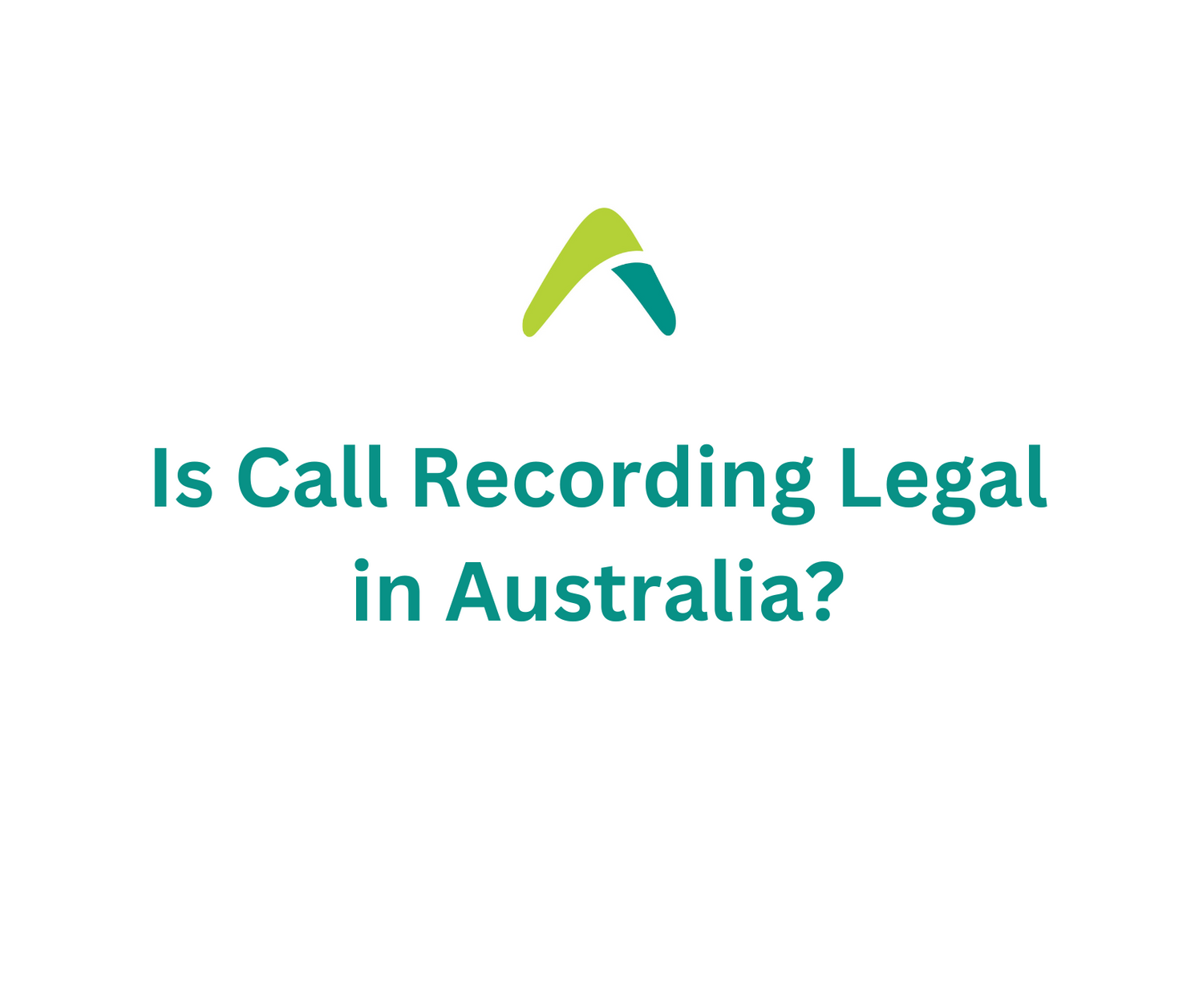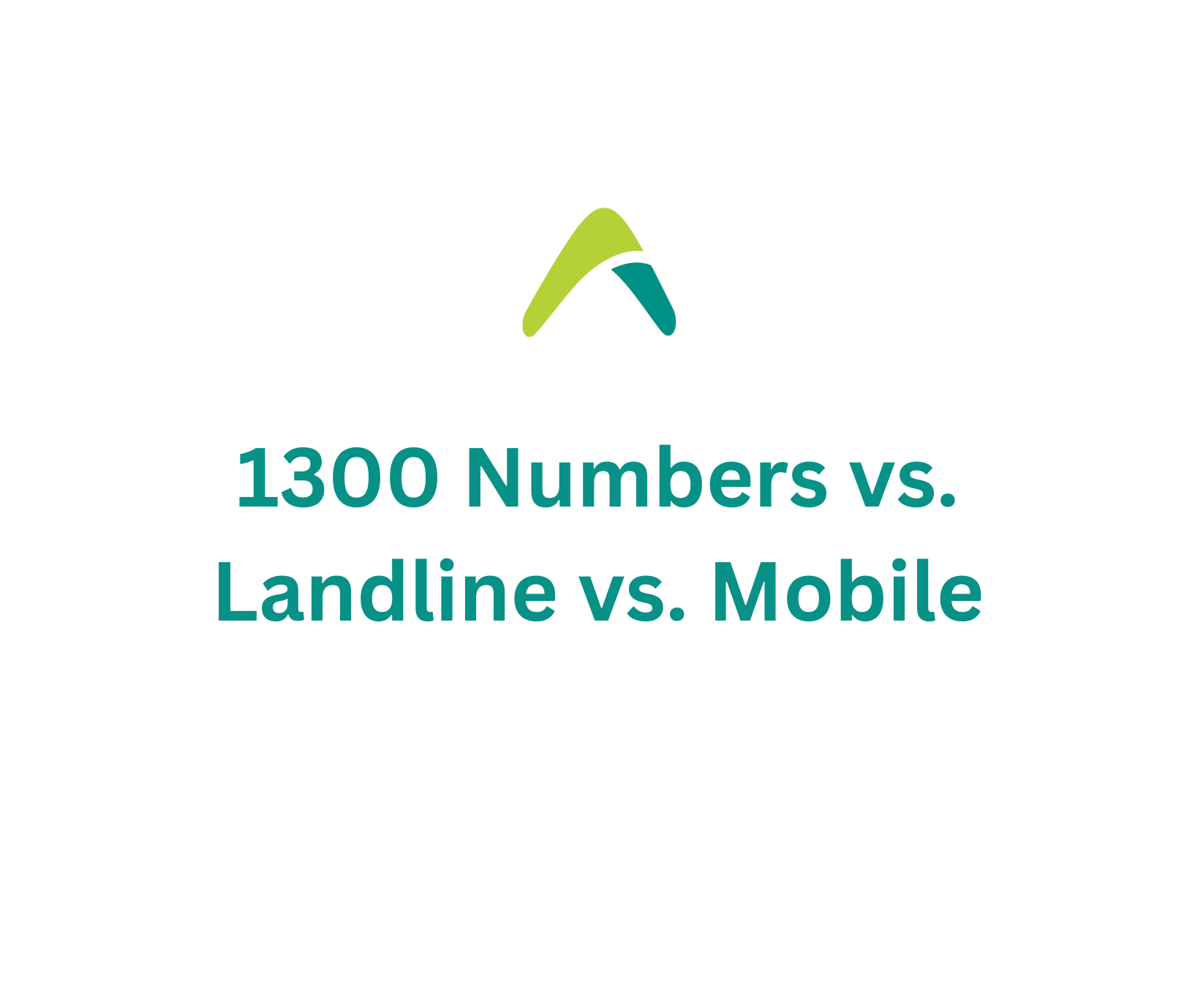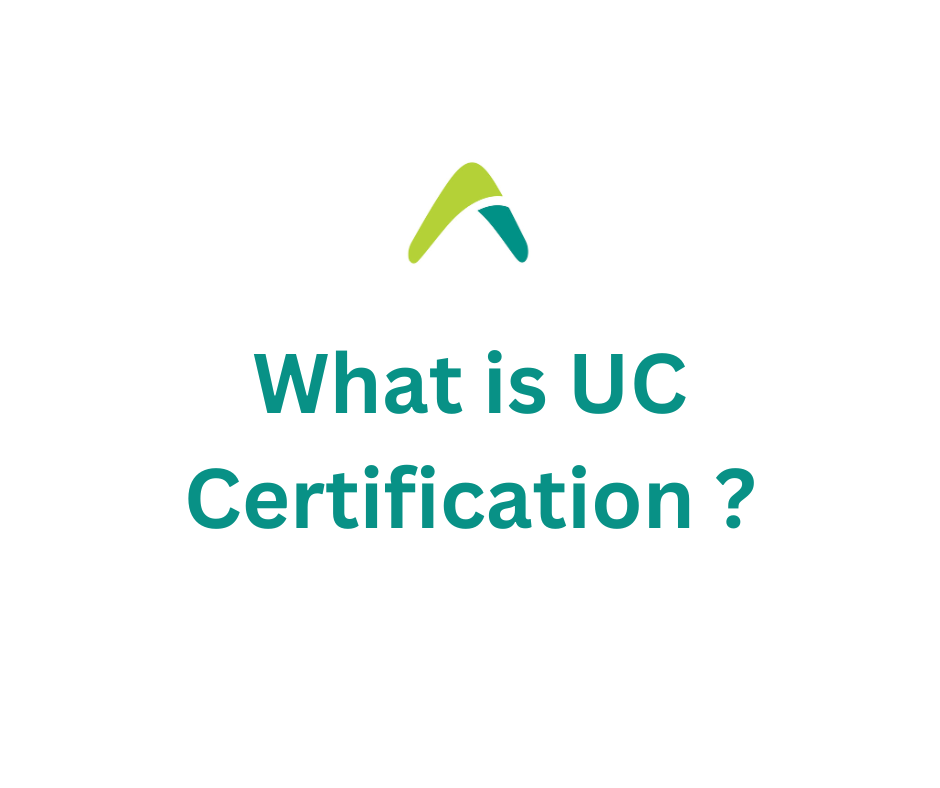Call recording is a powerful tool for businesses, enabling them to improve customer service, ensure quality assurance, and maintain records for legal and training purposes. However, it's crucial to understand the legal framework surrounding call recording, especially in countries like Australia where privacy laws are stringent.
What is Call Recording?
Call recording involves capturing audio from telephone conversations. It is widely used in various industries for purposes such as quality assurance, training, legal compliance, dispute resolution, performance monitoring, and data collection.
Legal Framework for Call Recording in Australia
Australia has robust privacy laws that govern call recording. The primary legislation includes:
- Telecommunications (Interception and Access) Act 1979: Regulates the interception of communications.
- Privacy Act 1988: Covers the handling of personal information, including the recording of conversations.
Consent Requirements
Understanding consent is vital in call recording:
- Single-Party Consent: Only one party in the conversation needs to be aware of the recording.
- All-Party Consent: All parties involved in the conversation must be informed and agree to the recording.
In Australia, the law generally requires all-party consent. This means that everyone involved in the call must be notified and give their explicit consent before the recording can take place. This is a key aspect of Australian call recording laws for businesses.
Business Implications
Businesses must navigate these laws carefully to avoid legal pitfalls. Call recording can enhance customer service and quality assurance, but it must be done within the legal framework. To ensure compliance, businesses should:
- Clearly inform all parties that the call is being recorded.
- Obtain explicit consent from all parties.
- Store recordings securely and manage access controls.
Consequences of Non-Compliance
Failure to comply with call recording laws can result in significant penalties, including fines and legal action. There have been instances where companies faced enforcement actions for unlawful call recording, highlighting the importance of adhering to legal requirements.
Benefits of Using Call Recording Software for Businesses
Call recording software offers numerous benefits for businesses:
- Quality Assurance: Monitor and improve customer service interactions.
- Training: Use recorded calls for employee training and development.
- Dispute Resolution: Provide evidence to resolve disputes.
- Compliance: Ensure conversations meet legal and regulatory standards.
- Performance Monitoring: Evaluate and improve employee performance.
Best Practices for Legal Call Recording
To stay compliant with Australian laws, businesses should follow these best practices:
- Obtain Clear and Explicit Consent: Always inform all parties and get their consent.
- Inform All Parties: Make it clear at the start of the call that it will be recorded.
- Secure Storage: Keep recordings in a secure environment with limited access.
- Regular Policy Reviews: Continuously review and update consent and recording policies.
Office Phone Systems for Recording Calls
Modern office phone systems often come with integrated call recording features. These systems are designed to ensure compliance with legal requirements, making it easier for businesses to manage call recordings effectively. Key features to look for include:
- Automatic Consent Notifications: Inform callers that the call is being recorded.
- Secure Storage Solutions: Ensure recordings are stored securely.
- Access Controls: Limit access to recordings to authorized personnel only.
State-Specific Regulations
While federal laws govern call recording in Australia, there may be variations in regulations across different states and territories. Businesses should consult legal experts to ensure compliance with both federal and state-specific laws.
Call recording can provide significant benefits for businesses, from enhancing customer service to ensuring legal compliance. However, understanding and adhering to the legal framework is crucial. By following best practices and staying informed about relevant laws, businesses can leverage call recording technology effectively and legally.



